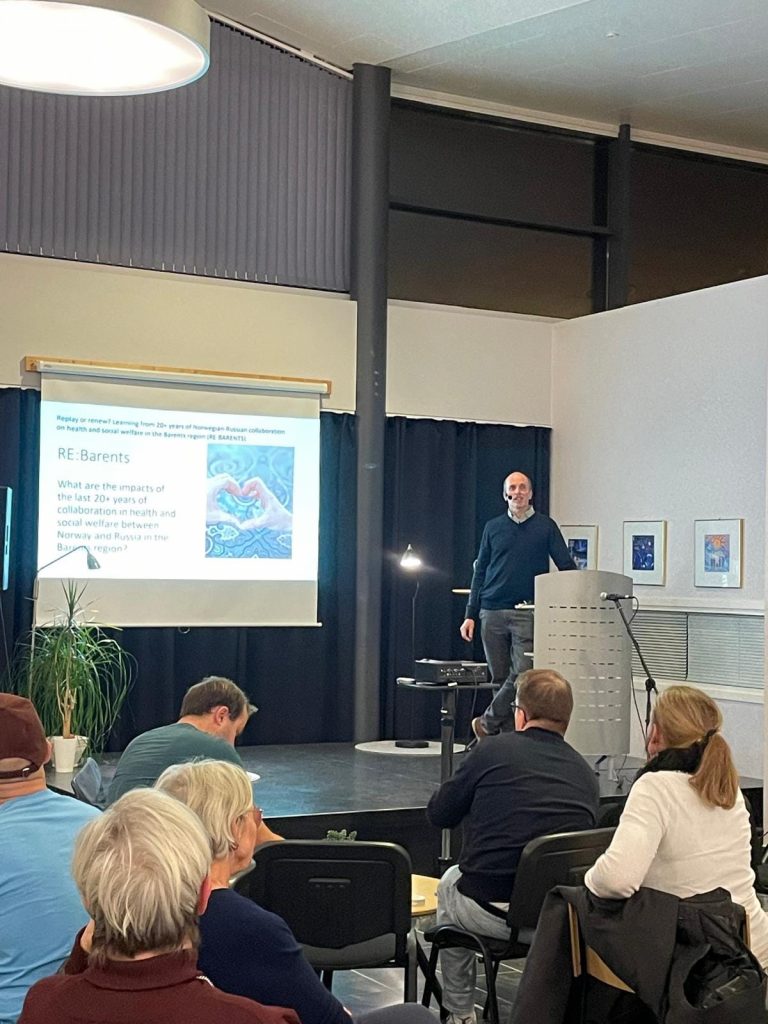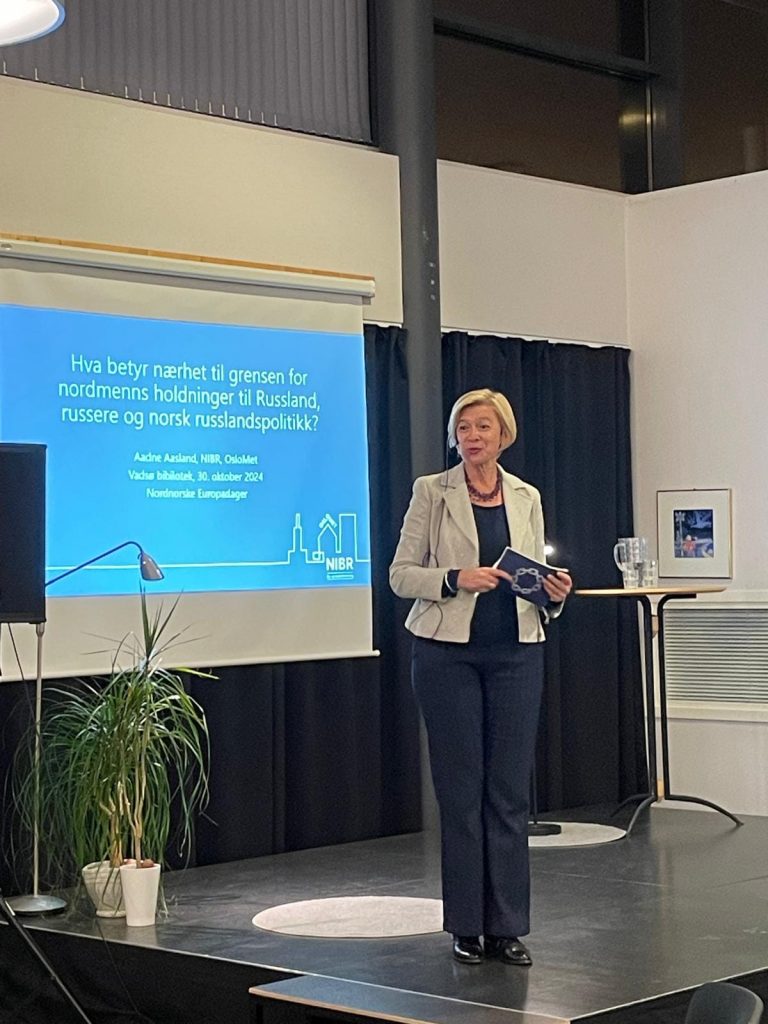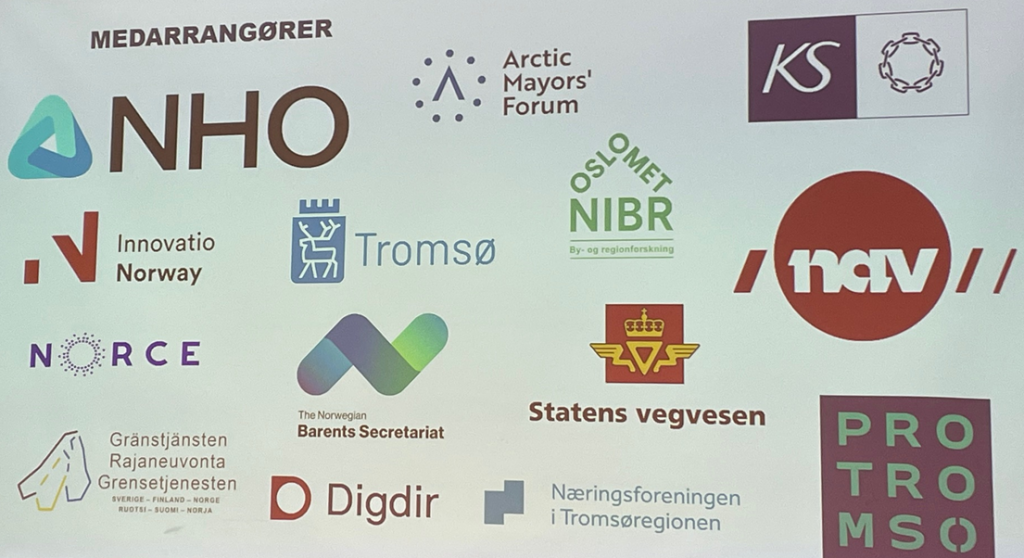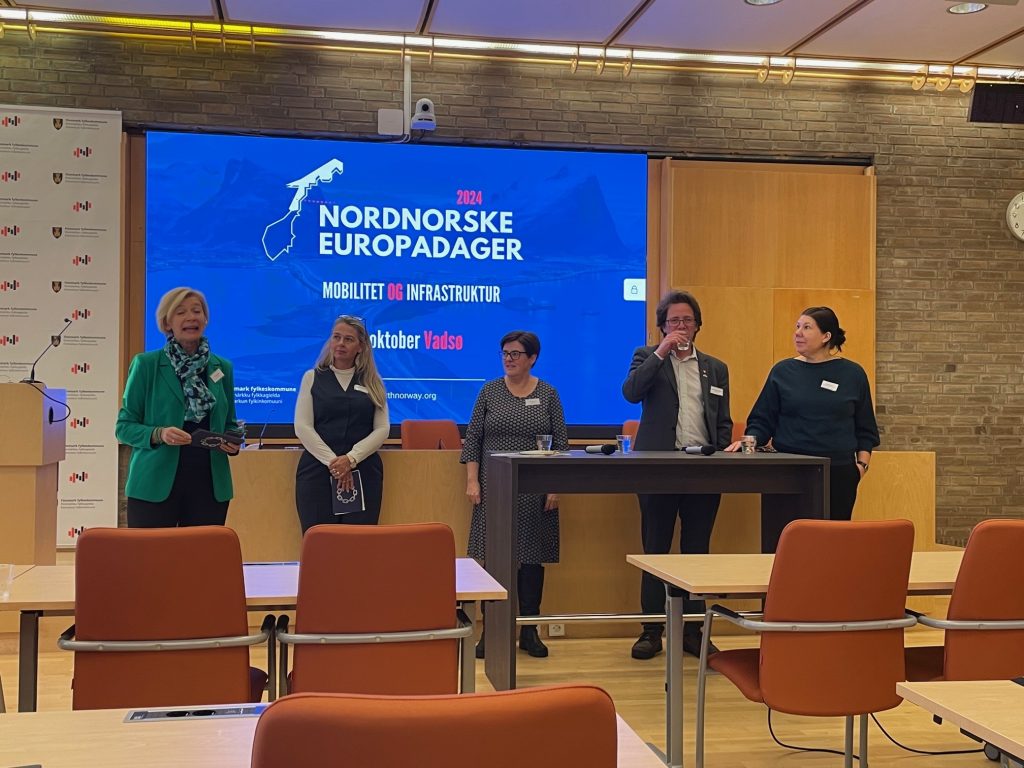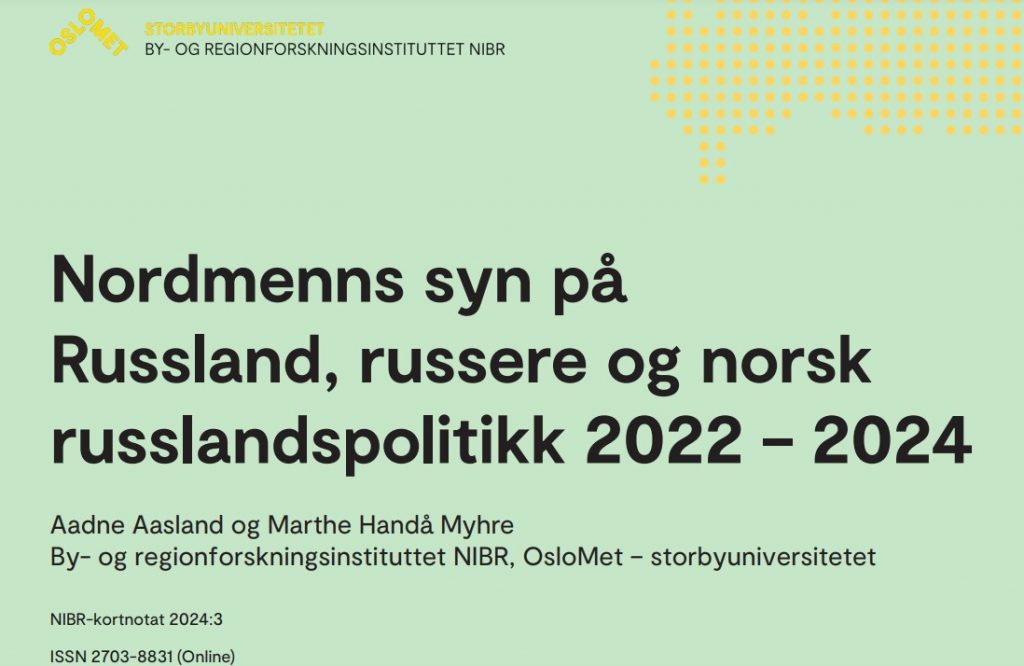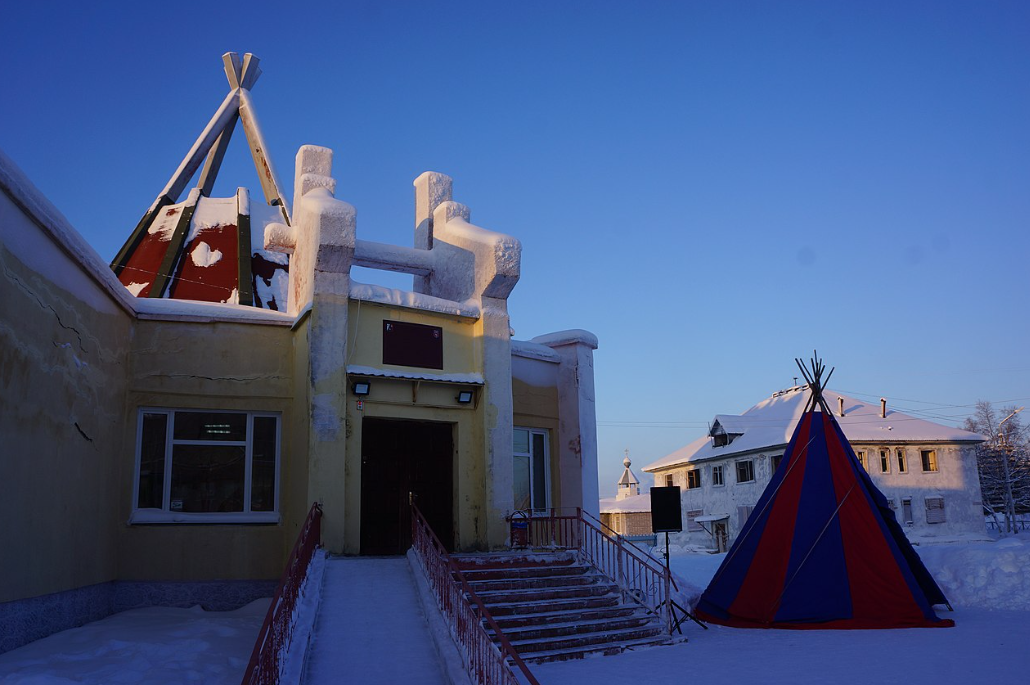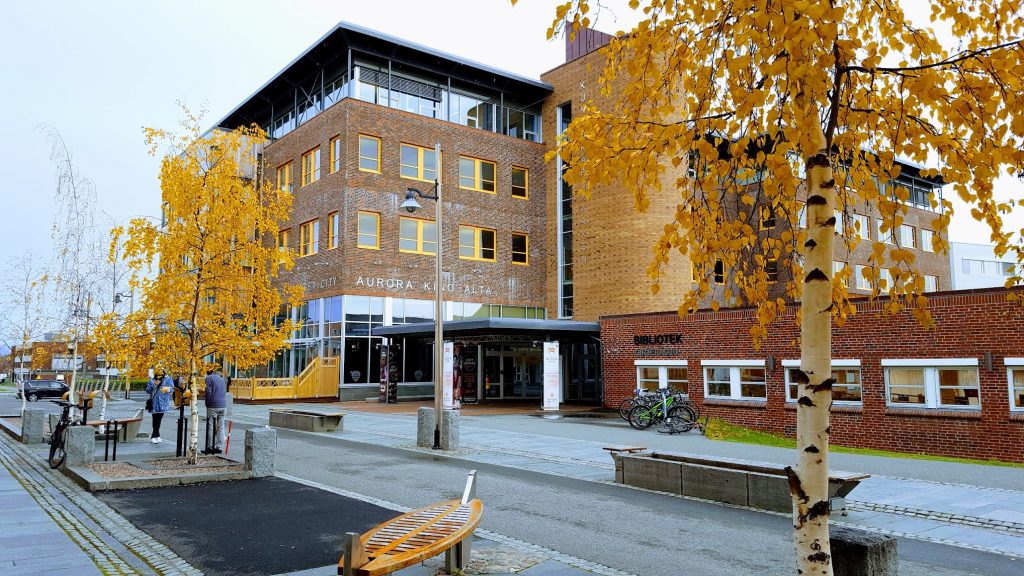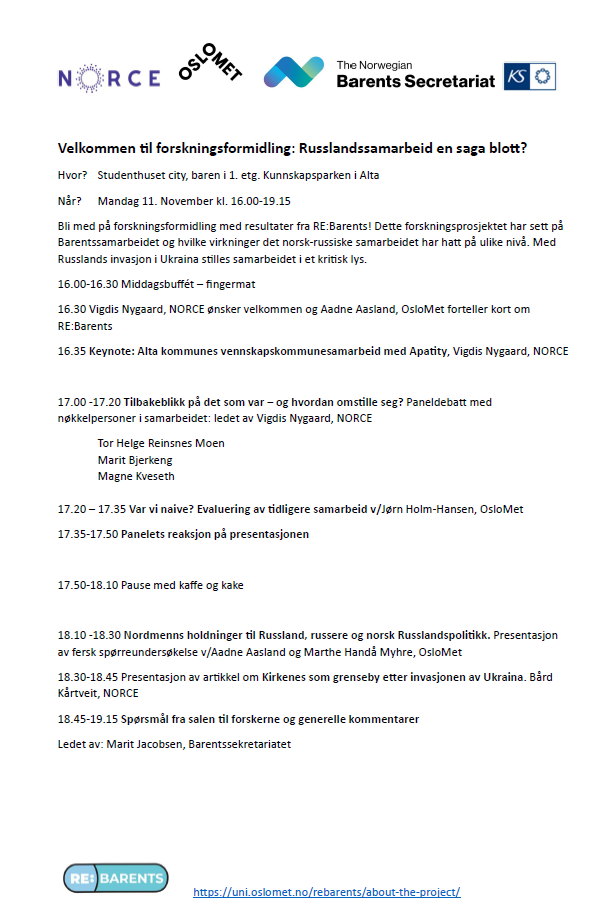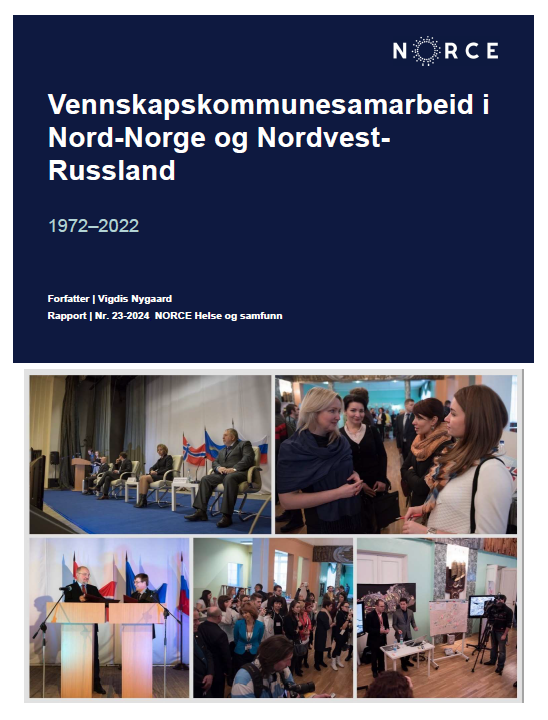RE:Barents avslutning på Barents spektakel
Siste formelle formidling på RE:Barents-prosjektet finner sted i Kirkenes 21. februar 2025; prosjektet avsluttes 28. februar.
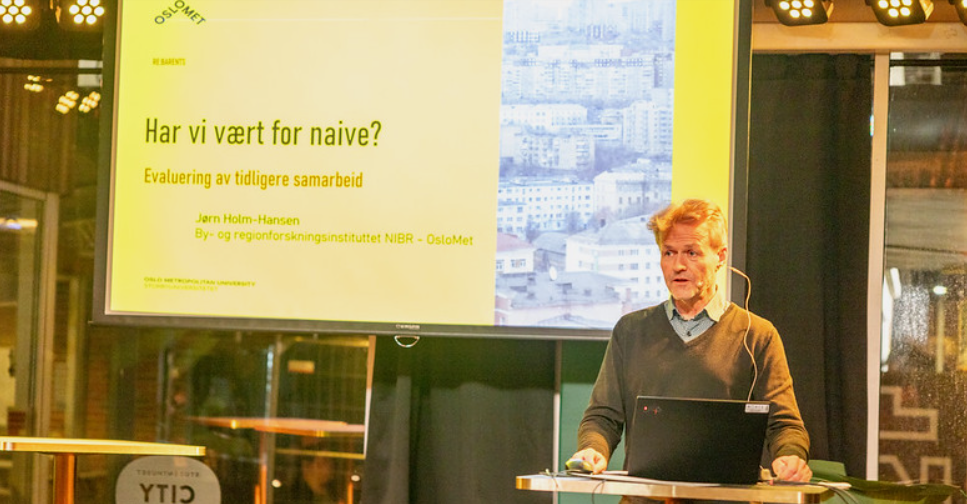
Sør-Varanger og Russland – en epoke er over.
Barentssekretariatet og By- og regionforskningsinstituttet NIBR ved OsloMet inviterer til åpent møte der vi får høre om konklusjoner fra forskningsprosjektet RE:Barents.
Vi får høre forskere formidle sine resultater og har bedt ordføreren kommentere på disse. Er resultatene noe befolkninga i Kirkenes kjenner seg igjen i? Vi ønsker å høre deres innspill!
RE:Barents har sett på Barentssamarbeidet og hvilke virkninger det norsk-russiske samarbeidet har hatt på ulike nivå. Med Russlands invasjon i Ukraina stilles samarbeidet i et kritisk lys.
Innledninger:
Nordmenns holdninger til Russland, russere og norsk Russlandspolitikk – Presentasjon av resultatene fra spørreundersøkelse v/Aadne Aasland og Marthe Handå Myhre, NIBR/OsloMet
Var vi naive? Evaluering av tidligere russlandssamarbeid v/Jørn Holm-Hansen, NIBR/OsloMet
Kommentar fra Ordfører Magnus Mæland.
Samtale mellom forskerne og salen.
Ordstyrer: Marit Jacobsen, Barentssekretariatet

